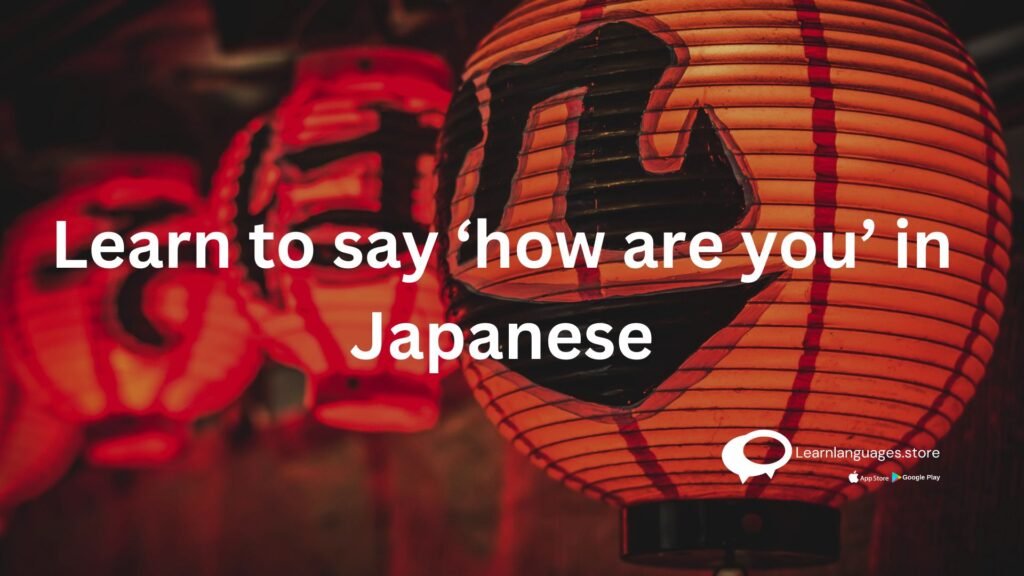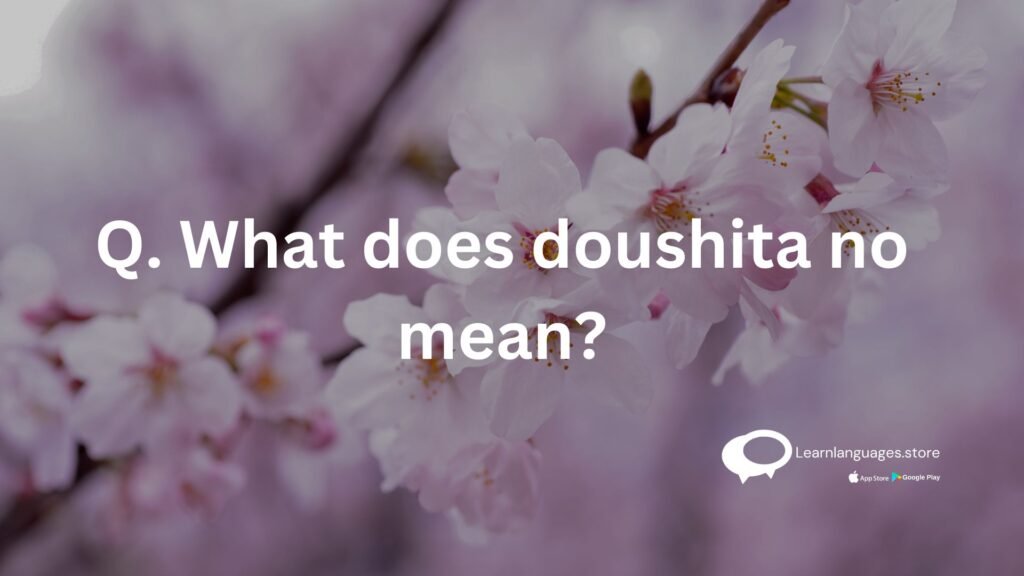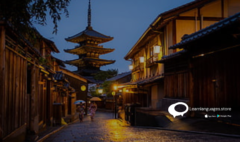15 different ways to say ‘how are you’ in Japanese
15 different ways to say ‘how are you’ in Japanese
Would you like to study Japanese? If your answer was yes, you are in the right place. The phrase “how are you?” in Japanese is the greatest place to start, but once you have mastered it, you may continue on to learning other fundamental Japanese phrases.
Estimated reading time: 5 minutes
Depending on the circumstances, you must determine the correct method to ask “how are you” in Japanese. You should be familiar with all expressions so that you may pick the appropriate one for your conversation.
Learn to say ‘how are you’ in Japanese

1. お元気ですか? (o genki desu ka)
Meaning: How are you?
This is the most common way to ask someone how they are in Japanese. If you look it up in a dictionary, you will see that it’s the literal translation of “how are you?” This is a more formal and polite expression.
You can also learn to say thank you in Japanese as you will be using this phrase quite a lot whenever someone asks ‘how are you’.
2. 元気? (genki)
元気 (genki) is the informal and casual form of お元気ですか. This phrase doesn’t have the question suffix か (ka), but as long as you say it in a questioning tone, it will become a question.
3. 元気だった? (genki datta)
Meaning: How have you been?
One thing to keep in mind when using this phrase is that it is in the past tense, not the present. As a result, it means “how have you been?” rather than “how are you?” This is a more informal and casual phrase. You need to keep the tenses in mind while learning Japanese greetings, otherwise, you will end up making many mistakes.
4. 最近はどうですか? (saikin wa dou desu ka)
Meaning: How have you been lately?
This is another useful expression to use when speaking with someone. Remember that this phrase indicates recently rather than at that precise moment.
5. どうよ? (dou yo)
Meaning: How is it going?
This one is very informal and has a similar meaning in English to “how’s it going?” よ (yo) is commonly used to express excitement.
6. 気分はどうですか? (kibun wa dou desu ka)
Meaning: How is your mood?
気分 (kibun) means mood. This phrase literally translates to “how are you feeling?” In this case, the question is more about emotional well-being than general well-being.
7. 調子はどうですか? (choushi wa dou desu ka)
Meaning: How is it going?
Choushi is a condition. You should only ask this when there is an implied context, not when greeting someone for the first time. For example, if your friend is ill and you ask them that, you are referring to their illness.
8. どうしたんですか? (dou shitan desu ka)
Meaning: What is wrong?
Here’s another way to say “How are you?” in Japanese. However, you should only use this phrase in negative situations when something doesn’t feel right.
9. 何事だ? (nanigoto da)
Meaning: What’s going on?
This is a very informal question. You can use this phrase to find out what has been going on or to stay up to date on the latest news.
10.今なにしてるの? (ima nani shiteruno)
Meaning: What are you up to right now?
This phrase is widely used among friends. Although it doesn’t exactly mean “how are you?” it’s a good substitute for figuring out, for example, what’s going on in your friend group.
11.久しぶり! (hisashiburi)
Meaning: Long time no see!
This phrase does not exactly translate as “How are you?” in Japanese. However, it is frequently misconstrued as “how have you been?” So, if you haven’t seen someone in a long time, you can use this phrase.
12.なにか面白いことあった? (nanika omoshiroi koto atta)
Meaning: What’s the good news?
This is a very informal phrase. It’s similar to asking, “What’s the good news?” or “Has anything good happened to you recently?”
13.元気かい? (genki kai)
Meaning: What’s up?
This is possibly the most casual way to ask how you are in Japanese. Use this phrase only with your closest friends, otherwise, you will end up in an awkward situation.
Frequently asked questions
Q. How do you respond to Genki desu ka?
A. You can simply respond, ‘I’m fine (Genki desu)’.
Q. What is Watashi wa Genki desu?
A. Watashi wa Genki desu also means ‘I am fine’ in Japanese.
Q. What does doushita no mean?

A. It means ‘What’s wrong’. In bad situations, this is used to ask how you are in Japanese. For instance, when a friend or close colleague appears concerned or distressed about something. You can also leave out the “no” at the end to make it more casual.
Conclusion
You must master both the formal and informal forms of asking “how are you” in Japanese if you wish to speak it well. In this regard, we hope this advice has been very beneficial to you. Learn with learnlanguage.store

Learn Languages Store
Vashi,
Email: services@learnlanguages.store










